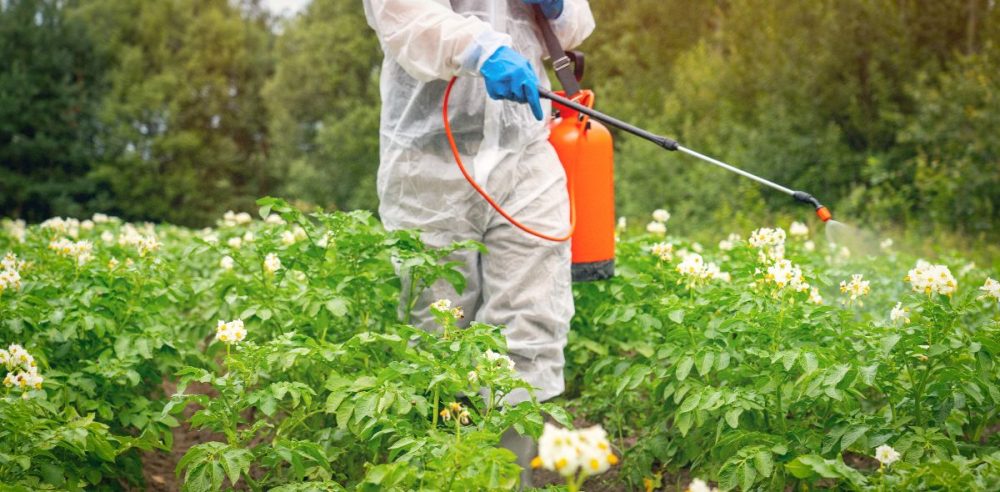A new study out of Stanford University in California found that exposure to any one of nearly two dozen identified pesticides can result in an increased risk of developing prostate cancer.
Nearly 300 pesticides were assessed as part of the trial that looked at U.S. data on county-level pesticide usage. Rates of prostate cancer were then compared across counties.
Since there is a 10- to 18-year lag time between exposure to carcinogens and the development of prostate cancer, lead author Dr. Simon John Christoph Sorensen and team gathered pesticide-use data from 1997 through 2001 and compared it to prostate cancer rates from 2016 through 2020.
The study concluded that 22 pesticides were associated with higher prostate cancer risk, though the authors could not prove cause-and-effect.
This is not the first time pesticide exposure has been correlated to higher levels of cancer. A study released earlier this year found that living in regions where certain pesticides are used in agriculture can result in cancer risks on par with smoking.
The latest findings were published in the journal Cancer on Nov. 4.
“The results of this study suggest a potential link between certain pesticides and increased prostate cancer incidence and mortality. These findings warrant further investigation of these specific pesticides to confirm their role in prostate cancer risk and to develop potential public health interventions,” read the study’s conclusion.
Out of the 22 pesticides, four were not only linked to a heightened risk of prostate cancer but also death caused by the disease. These include trifluralin, cloransulam-methyl, diflufenzopyr, and the insecticide thiamethoxam.
Only one of the four, trifluralin, is considered a potential carcinogen by the Environmental Protection Agency (EPA), while the remaining three are considered “not likely to be carcinogenic” or possess evidence of “non-carcinogenicity.”
Earlier this year, Bayer AG was fined over $2 billion following the unanimous ruling from a Pennsylvania jury that found its weed killer Roundup was responsible for giving a man cancer.
“This research demonstrates the importance of studying environmental exposures, such as pesticide use, to potentially explain some of the geographic variation we observe in prostate cancer incidence and deaths across the United States… By building on these findings, we can advance our efforts to pinpoint risk factors for prostate cancer and work towards reducing the number of men affected by this disease,” said Sorensen.
According to the organization Zero Prostate Cancer, nearly 21,000 Texans will be diagnosed with the condition in 2024 alone.


